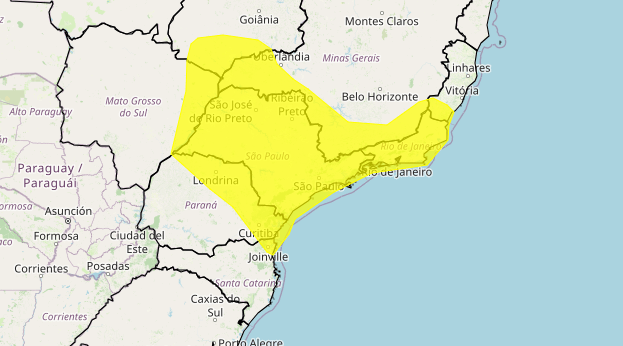Goiás Governor Ronaldo Caiado announced the creation of an emergency credit line to protect Goiás companies from the effects of the new tariff escalation imposed by the United States against Brazil. The measure aims to protect jobs and mitigate the economic impacts of the 50% surcharge, which will be levied on commodities such as soybeans, meat, and steel products starting August 1st.
In a video posted on social media, Caiado described the state's response as an act of "firmness and responsibility" in the face of the federal government's lack of concrete measures. The governor also called a meeting with the production sector for this Tuesday (22), at 2 p.m., to discuss the tariffs imposed by the United States.
The credit line will be targeted at companies in Goiás with high exposure to the North American market, offering more advantageous terms than those offered by federal programs. The annual financing rate will be less than 10%, approximately three percentage points lower than the lines offered by institutions such as BNDES, Plano Safra, and constitutional funds. The resources will come from a development fund based on ICMS credits on exports, without the need for direct contributions from the state treasury.
In return, the selected companies must maintain their staff throughout the contract period. The package also includes the creation of a guarantee fund for small and medium-sized businesses, with the aim of stimulating private sector credit.
A working group will also be established with representatives from the state government and the production sector to monitor the developments of the crisis and develop new proposals to address it.
Currently on an official mission in Japan, Caiado stated that he will only comment on the political situation after his return to Brazil. "I follow Carlos Lacerda's teachings: political crises are not discussed outside the country," he declared.
Measures announced by the governor of Goiás:
– Credit line with a rate of less than 10% per year, aimed at exporters from Goiás affected by the new US tariff
– Resources backed by ICMS credit on exports, without direct use by the state treasury
– Mandatory condition of maintaining jobs during the financing period
– Creation of a guarantee fund for small and medium-sized entrepreneurs
– Establishment of a working group with government and private sector to monitor impacts and propose solutions





